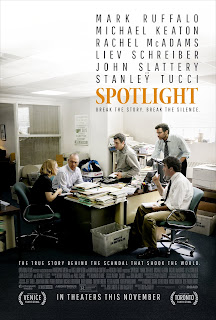tw532416@ohio.edu
At a time when journalists and the industry as a whole are being scrutinized, it is important to understand what we do, why we do it, how to do it the right way. As journalists, it is our job to be the "Fourth Estate" and inform the public in a way that is accurate and truthful. Because of the power that journalists and the media possess, there are certain codes, rules, and guidelines set in place to protect us and ensure that we are doing our job the right way.
One of the biggest things to take into account when reporting or covering a story is asking ourselves whether we are presenting factual information to our audience or not. The RTDNA Code of Ethics says that "the facts should get in the way of a good story," meaning that no matter how well written or phrased something is — if it's not factual, it should not be reported.
It is also important as journalists to treat others fairly in our reporting. In the Society of Professional Journalists Code of Ethics, there is a section called "Minimize Harm." A phrase that really sticks out to me is when the Code states, "Ethical journalism treats sources, subjects, colleagues, and members of the public as human beings deserving of respect." This means that our goal should never be to slander others or drag anyone through the mud. At the end of the day, our aim is to report information to the public, and this can be done without using others to advance our own careers or having agendas against others. Journalists should be with as little bias as possible, and if that reporter feels too strong on a topic to cover it fairly, they should not be covering it.
A dilemma that several have faced in the journalism world, from an ethical standpoint, is deciding what needs to be reported and how it will affect the public or community around us. An example if such dilemma can be found in the 2015 film "Spotlight." In the film, Mark Ruffalo plays Mike Mendez, a Boston reporter who is working to expose the Catholic church and uncover a scandal that had been going on for years in the city. He faced several moral and ethical dilemmas in his reporting, as he struggled to figure out what was the best for the people involved and how it would affect his city. The Catholic church was such a staple in the culture of the community, but some of their leaders were doing awful things to children and those findings were going unreported. He also had to take into account what would happen to the victims he interviewed if the story were to be released and how it would impact their lives. In cases like this, the RTDNA Code of Ethics advises. " Responsible reporting means considering the consequences of both the news gathering...and of the material's potential dissemination. Certain stakeholders deserve special consideration; these include children, victims, vulnerable adults and others inexperienced with American media.

Courtesy of IMDb.com
It's necessary to remember that the codes of ethics, rules, and guidelines we use as journalists are not there to restrict our creativity or keep us from doing our job — they are there to protect us and ensure that we are doing the right thing and can continue to do our jobs.
No comments:
Post a Comment